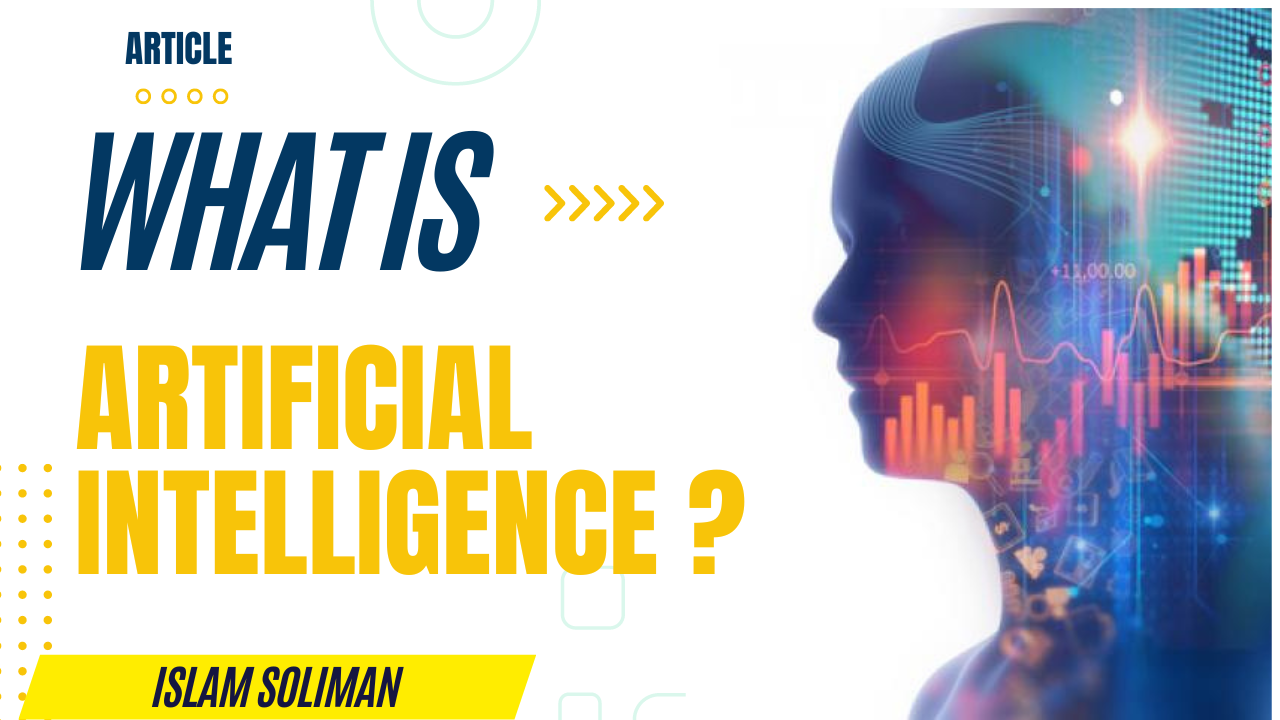
Category: Articles
Description:

Islam Soliman | April 6, 2023
Business Analyst | Data Analyst | Data Visualization | Business Development | Programmer

At its core, AI refers to the development of computer systems that can perform tasks that typically require human intelligence, such as understanding natural language, recognizing objects, making decisions, and solving problems. The goal of AI is to create intelligent machines that can work and learn like humans, making them more adaptable and efficient in performing tasks.
The concept of AI has been around since the 1950s, but it was not until the 21st century that we saw significant advancements in the field. These advancements were made possible by the increasing availability of big data, more powerful computers, and breakthroughs in machine learning algorithms.

There are three main types of AI: narrow or weak AI, general or strong AI, and super AI.
Narrow AI refers to AI systems designed to perform specific tasks, such as image or speech recognition. These systems are highly effective but lack the flexibility to adapt to new tasks.
"General AI" refers to AI systems that are capable of performing any intellectual task that a human can do. These systems are highly adaptable and can learn new skills quickly.
"Super AI" refers to hypothetical AI systems that are capable of surpassing human intelligence in every aspect.
AI has numerous applications in various fields, including healthcare, finance, transportation, education, and more. Some of the most common applications of AI include:
While AI has the potential to revolutionize various industries and improve our lives in many ways, it also raises significant ethical and social concerns. Some experts worry that AI could lead to job displacement, as machines take over tasks previously performed by humans. Others worry about the potential for AI to be used in harmful ways, such as the development of autonomous weapons.
AI is a rapidly evolving field with the potential to transform our lives in many ways. As we continue to develop more advanced AI systems, it is essential that we consider the potential implications of this technology and work to ensure that it is used in a way that benefits society as a whole.
#ArtificialIntelligence #AI #MachineLearning #DeepLearning #DataScience #Technology #FutureTech #IntelligentMachines #Automation #DigitalTransformation #SmartTechnology #AIethics #AIandSociety #EmergingTech #Innovation #RoboticProcessAutomation #NaturalLanguageProcessing #ComputerVision #NeuralNetworks #BigData #Analytics #CognitiveComputing #Industry4.0 #AIforGood #HumanIntelligence #AugmentedIntelligence